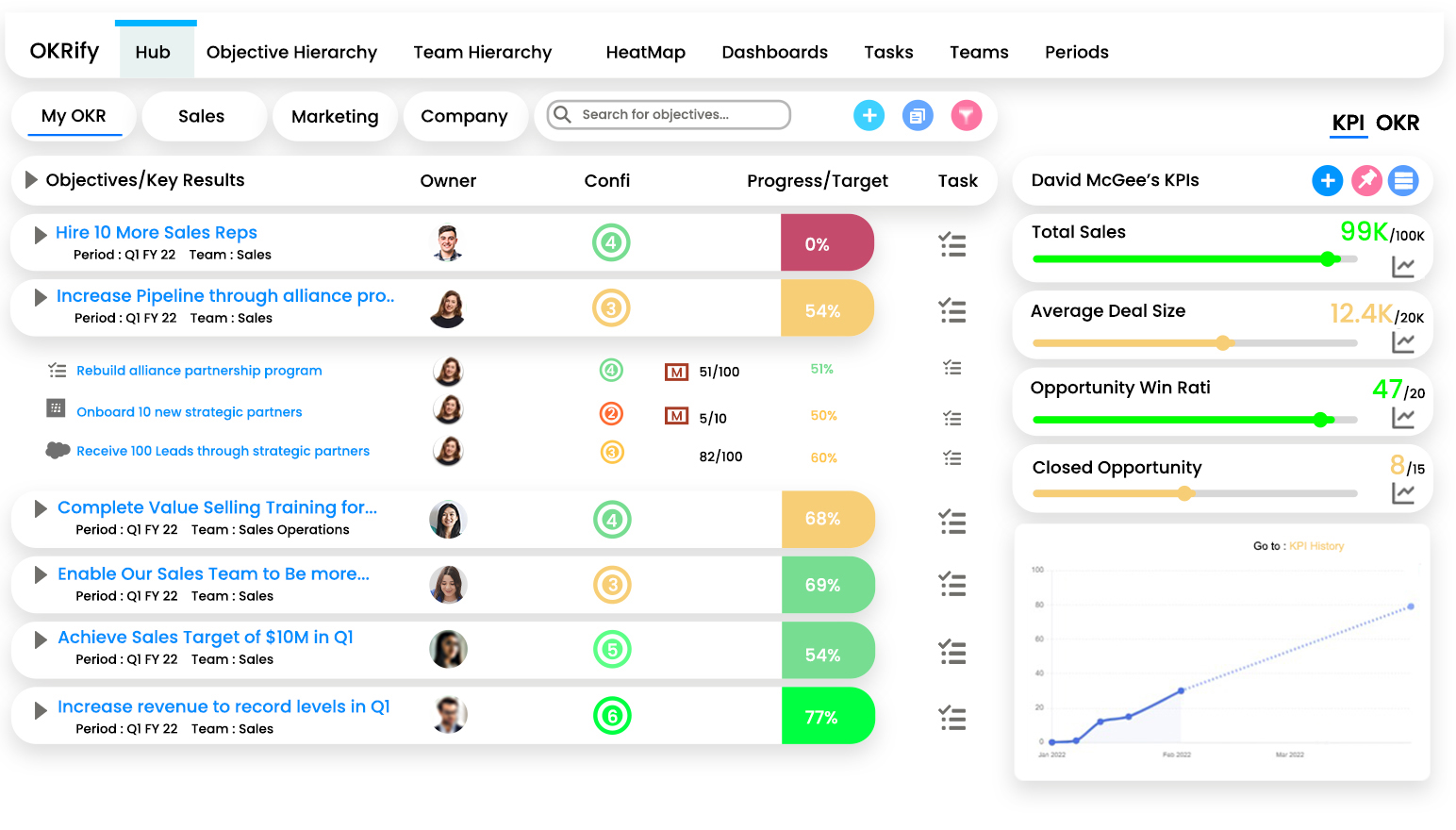Every organisation has a unique identity on its own. Even yet, all boards of directors are required to fulfil a few fundamental duties. Organizations can be operated for good or for profit. It is a big responsibility to take over the management of a nonprofit organisation. While establishing a nonprofit, there are a number of methods and tips to keep in mind. One of them is that while you need capable and trustworthy Executives to lead, it's important to be aware of the roles and procedures of the board of directors.
To manage nonprofit organisations, a board of directors is mandated by law. The board of directors of your company functions as its executive committee. They are expected to oversee all operations, including incorporation, budgeting, fund raising, donor relationship management, and more. So, whether you've just started a business or are seeking for new board members, it's imperative to understand the primary responsibilities of nonprofit board members.
This blog explicitly addressed the important duties that nonprofit organisation board members should carry out.

Identify the organisation's goals and missions
One of the most crucial responsibilities of the board of directors is to create the nonprofit's mission statement. The nonprofit's mission statement serves as a vital tool for articulating the organization's purpose and enlisting everyone in support of it.
Because this concept is crucial to the running of the organisation, it is important for board members to regularly evaluate the statement to make sure it is up to date. Your team's priorities should always be reflected in the mission statement because your objectives may alter over time. The mission statement ought to outline clear goals, a plan for accomplishing them, and details on the people who will gain the most from your organization's efforts. Its importance cannot be stressed because fulfilling this mission statement will direct every decision that your organisation makes.
Participate in board discussions and meetings
Being a board member requires attendance and participation at all board meetings, though this should go without saying. Board members should be present for three-fourths of all board meetings. If the majority of your members are unable to attend meetings, you'll need to have some heated discussions.
Board members used to need to be there in person, but thanks to technological improvements and recent health concerns, many organisations now allow online participation.
You are required to do more than just show up to board meetings. Board members must actively participate in board meetings and debates in order to be helpful to the company. Board members ought to show up early and stay late to talk casually and join committees where they may share their expertise.
Support and assessment of the executive director
The board provides the executive director with moral, expert, and significant assistance. To preserve the organization's survival during critical times, the board should collaborate with the Executive. Any brief personal issues that might arise and prevent an Executive from doing their duties should be reported to the board.
Ensure effective organisational planning
Board members are expected to participate in planning processes and assist in achieving the goals and objectives of the plan. This duty includes securing the funding needed to keep programmes and services running.
Ensuring you have enough resources
The board is responsible for ensuring that the organisation has the resources necessary to accomplish its goal. The majority of the money may be raised by the Executive Director or the Director of Development, but the Board must match that capacity with the organization's intended objectives and activities.
Create and maintain your nonprofit's services and programmes.
Your organisation will need a variety of guidance and help for the numerous fundraising endeavours, events, activities, advertising, membership recruitment attempts, and a myriad other charitable programmes and services.Guess who organised and launched all of those different projects in the end?
Your board has it, you do. It is a common belief that board responsibilities only apply during the development phases. Indeed, over the course of the project, these leaders are also partially in charge of project management. In other words, the board monitors the success of these initiatives and ultimately decides if they need to be improved upon or scrapped.
Identify and develop new board members
The creation of job descriptions, orientation and training materials, and annual assessment procedures may be assisted by the board's governance committee. Each board member must actively seek out and recruit new members. Board members must also be reachable to new hires in order to transmit information and give basic training in addition to giving the necessary resources.
To ensure financial oversight
Although though the audits and investment opportunities are the duty of the board's finance committee, all board members are required to read and understand the nonprofit's financial reports.The board must evaluate and approve any significant budgetary choices. They should also be made aware that they can be held personally liable for the organization's financial difficulties.
Board members may be covered by professional liability insurance in the event that your nonprofit is sued. Even if the organisation does not withhold taxes from employee compensation, board members may still be held accountable.
Planning Strategically
Who will serve as the primary point of contact for strategic planning will be decided by your organisation. If your organisation is solely staffed by volunteers, your board should establish strategic organisational and fundraising objectives. Especially if you have an Executive Director and other staff members, let them take the lead. Offer this job to whoever has the most hands-on experience with your organization's fundraising and programming.
Boost the reputation of the organisation in the public
An organization's reputation affects how effective it is. The board serves as a liaison between the organization and its constituents. During those contacts, every chance to share the organization's culture, mission, accomplishments, and goals with stakeholders is presented. Stakeholders look to boards for transparency and accountability. Organizations that conduct themselves honestly and transparently benefit from having a trustworthy relationship with their stakeholders. A chosen spokesperson who can properly communicate the organization's accomplishments or quickly address stakeholders in an emergency is essential for boards.
Donate and raise funds
Nonprofits rely on fundraising to support the events and services provided to their communities. One of the key responsibilities of every board of directors is to raise the necessary funds to keep the organisation running. Board members must contribute their own funds, according to several nonprofit regulations. Members can contribute to an organization's fundraising efforts in a variety of ways, which is especially true for larger organisations.
Nonprofit boards should choose its members based on their credentials and relationships. Members can use their present contacts with businesses, donors, and charities to raise extra money. You, as an organisation, should encourage people to participate in peer-to-peer fundraising so that they can generate more money and connect with new demographics.
Uphold proper financial control
These controls must be in place and the annual budget must be developed with assistance from the Board. The Board needs timely, reliable financial information in order to perform its tasks. To make sure that the agency is prepared in the event that specific funding is not available, "what if" modelling is once again used in this situation.
Make sure that law and ethics are upheld
Remember that the three main duties of the Board members are to exercise care, loyalty, and obedience. Board members are ultimately responsible for preserving moral and legal standards.
Free licenses and special discounts for nonprofits making this world better.
Achieve your organization's mission with OKRs
OKRs is a simple, flexible goal setting framework that can help in set clear expectations and purpose for employees & volunteers, align everyone behind the mission for focused execution.




